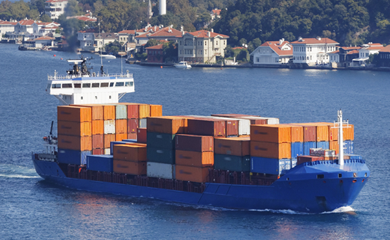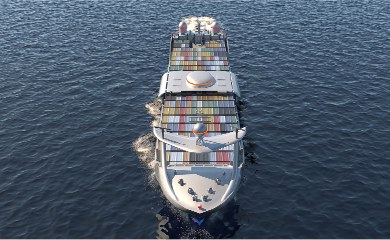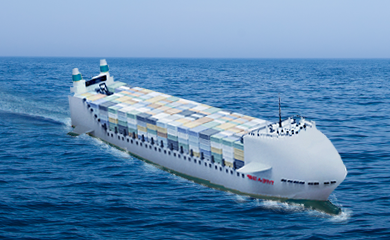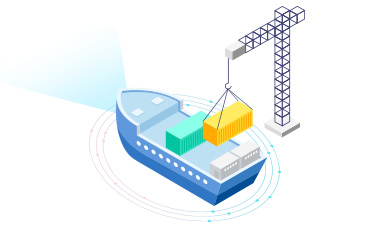The concept of autonomous ships applying advanced digital and artificial intelligence (AI) at sea, such as self-driving cars on land and unmanned aerial vehicles, has emerged in businesses related to shipbuilding, offshore and shipping. In anticipation of the emergence of autonomous ships sailing in the ocean, the International Maritime Organization (IMO) named the autonomously operated ship MASS (Maritime Autonomous Surface Ship) and began discussing legal regulations for its safety in 2018.
In IMO, MASS is defined as a vessel operating on the surface with minimal or no human intervention. In other words, autonomous ships include both partially autonomous ships and fully autonomous ships. Currently, various terms such as smart ships, autonomous ships, and unmanned ships are mixed and used in the shipbuilding industry.
Smart Ship

Partial Autonomous Ship

Fully Autonomous Ship

Therefore, autonomous ships need to be classified according to their degree of autonomy, and the IMO collects and discusses opinions on the autonomous class submitted by each member country, and for classification for the application of future agreements for autonomous ships, the class of autonomous ships is classified as Likewise, it was tentatively divided into four stages, but additional reviews are underway.
Based on the convergence of 4th industrial revolution technologies (intelligence, Internet of Things, etc.), autonomous ships have emerged in the maritime industry for safety and logistics efficiency (OPEX). By replacing it with the system, human error can be reduced to prevent accidents and operate efficiently.
However, it is impossible in the near future to replace both the general situation and the emergency situation of the crew with AI at the current technology level, and most of the research is focused on systematizing the general situation. In other words, for the time being, it is expected that R&D will proceed in the direction that the system replaces most general situations and the crew plays the role of coping with emergency situations for the time being.
- Autonomy level 1
- Ship with automated process and decision support
- Autonomy level 2
- Remotely controlled ship with seafarers on board
- Autonomy level 3
- Remotely controlled ship without seafarers on board
- Autonomy level 4
- Fully autonomous ship







